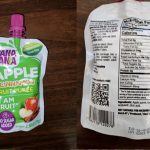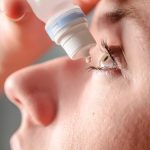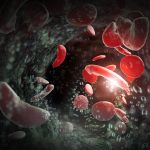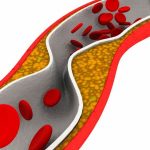
TUESDAY, Oct. 31, 2023 (HealthDay News) – Certain pureed fruit pouches from WanaBana may contain dangerous levels of lead, the U.S. Food and Drug Administration has warned. Parents and caregivers should not buy or serve WanaBana apple cinnamon fruit puree pouches to children, the agency said in a recent public health alert. Children who have consumed this product should be tested for possible lead poisoning, the agency added. The warning was issued after four children in North Carolina were found to have high levels of lead in their blood that was linked to these products, the FDA said. State health officials detected “extremely high” concentrations of lead in the pouches after analyzing multiple lots. This exposure could lead to “acute toxicity,” according to the FDA. Lead can enter food products through soil, air, water and industrial processes, according to the American Academy of Pediatrics. It’s not good for anyone, but can seriously harm children’s health. Lead can cause brain and nervous system damage, as well as slowed growth and development. WanaBana is based in Coral Gables, Fla. The company has issued a recall for all lot codes and expiration dates of the products, which are sold nationally. Among the places that carry these products are Amazon, Dollar Tree and Sam’s Club. More information The U.S. Centers for Disease Control and Prevention has more on the… read on > read on >


























-300x200.jpg)










